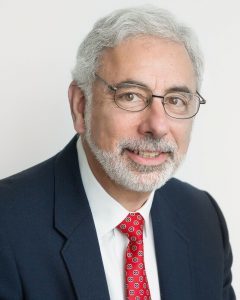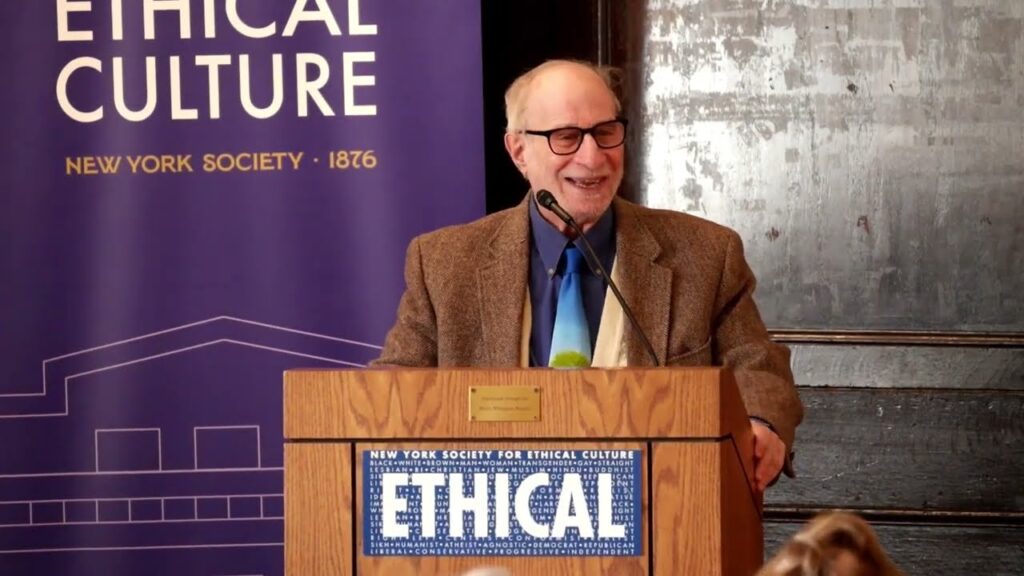
By Leader Dr. Richard Koral
It was 1848. Democracy movements sprang up all across Europe. They emerged out of economic desperation and a deepening indignation over the corrupt and sclerotic regimes smothering each country. Street demonstrations and rebellions, beginning in France, spread across Europe and then to South America. They were the revolutions of 1848, sometimes called the Peoples’ Spring. The middle class and the educated allied with workers in the new industries to proclaim their outrage and to demand reforms. They sought responsive and democratic governance.
The results were mixed. The revolutions mostly petered out. Those reforms that were hastily instituted to placate the masses were soon withdrawn or ignored. Royalty held its grip and the democratically elected president of France declared himself Emperor Napoleon III to reign for twenty years.
The results of the Revolutions of 1848 may have been frustrating, but there were lessons to be learned – namely, that “the street” holds power that can rise up without much warning and that the people have a vote in matters, too.
Is it happening again today? Suddenly there are uprisings in country after country around the world. In 2019, mass demonstrations erupted in Iraq, Lebanon, Sudan, Algeria and Afghanistan, as well as Hong Kong, Catalonia, Bolivia, and Chile. Who will be next?
The thread running through all these movements is a stagnating middle class, grinding economic inequality, stifled democracy, and the hope and belief that things can be better.
There were some successes. In Sudan, the long-time dictator Omar Al-Bashir stepped down in response to street demonstrations that would not cease. Then, after the military balked at allowing a civilian government to take charge, the demonstrations resumed, and a new government is taking shape. In Bolivia, president Morales, originally a reformer, engineered an avoidance of constitutional term limits. The street demonstrations forced him to resign.
In Hong Kong, as I write this, the electoral sweep by the pro-democracy candidates in local elections proved that the six-month-long street demonstrations did accurately reflect the popular will. Now, the government can only continue to resist democratic reforms with the intercession of China.
The protests have generally been peaceful, although the governmental reaction has not always been so. In Iraq, about 400 demonstrators were killed when military forces used live ammunition to scatter them. But the prime minister did resign, and it was hoped that everyone else in the government would follow. Iran also showed little restraint in an effort the suppress dissent, killing hundreds of demonstrators.
vIn some of the most undemocratic countries in the world, the people are demanding responsiveness to their needs as well as basic honesty in government. The old system by which a governing class cared only for those in its own stratum and left crumbs for the people…that system is under attack nearly everywhere.
Will these many social upheavals and street revolutions lead to real reforms? Or will they lead to mere dissimulation and a return to business as usual as soon as the tempers cool, as happened in 1848? Back then, the reactionary crackdown that followed caused many thousands to flee from Germany to the United States to seek political refuge in our country. Today, there are fewer avenues of escape, so conflicts will have to be resolved at home.
The United States serves as a model of a functioning free and open political system. Our example has inspired struggling democratic movements the world over. We have a duty, therefore, to uphold our own democracy in order to show how a country can peacefully restore its balance when its democracy is threatened, rally around its core values, and support the rule of law.
The world needs us to invest in our own democratic institutions and to show by our example how to channel public disagreements into fair and judicious procedures for their resolution and then to move on. If our democracy, the world’s longest standing, cannot function under stress and renew itself after a shock, then what hope is there for all those struggling in their streets?
We can do it.







